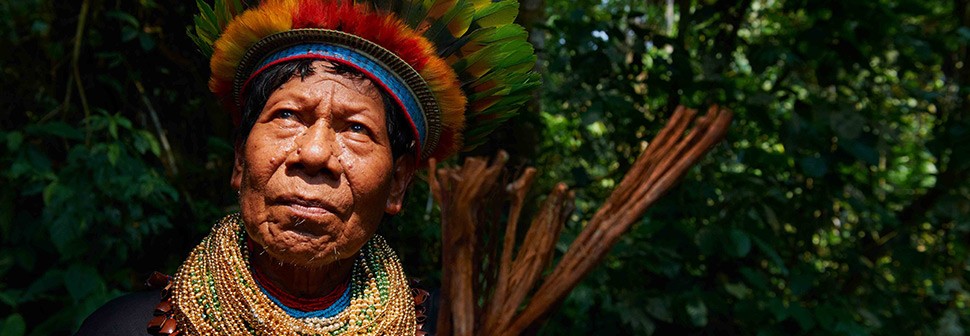Medicinal plants and indigenous culture are at risk

Listen this article
Though most cures are not medically proven and scientific experts remain skeptical of their benefits, others say that indigenous people’s long-accumulated wisdom of the forest and what grows in it is undeniable.
In Ecuador, knowledge of the medicinal properties of various plants of the Amazon have been passed down throughout the generations by the Yachaj. They are also known as medicine men who spend years living in the forest meditating, learning, and listening to nature.
Very few of these remedies have been scientifically proven. For that reason, according to Cristina Penuela, biologist at the Regional Amazonian University (IKIAM) in Tena, some are cynical about the real powers of medicinal plants.
Medicinal plants are an important part of many Amazonian indigenous culture and history, but their use has dropped significantly over the years. According to researchers, a lot of this cultural change can be associated to the religious missionaries who arrived in the early part of the twentieth century.

According to Gabriela Zurita, an ethnologist at IKIAM, Protestant missionaries arrived in the Ecuadorian Amazon region between the 1940-1950s; around the same time, oil was being discovered in the region. They also brought in outside products, such as medicines based on chemical products. This drastically changed the cultural dynamic in the region.
But despite these challenges, hundreds of indigenous communities continue to rely on medicinal plants in the hopes to maintain and nourish said aspect of their culture.
LatinAmerican Post | Manuela Pulido
Copy edited by Susana Cicchetto





